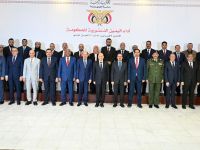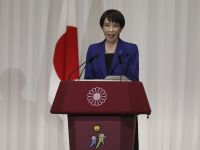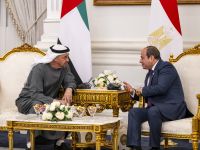The Shoura Council has reiterated its last year’s decision preventing non-Saudis from owning property, real estate or locations within the boundaries of Mecca, Medina or Riyadh.
The Shoura, according to a report in Okaz Arabic daily, has defined non-Saudis to be the natural persons who do not have the Saudi nationality, the non-Saudi companies or the companies established by Saudis but have foreign shareholders.
The Shoura called for severe punishment against violators and said the decision was aimed at preventing any harm to the two holy cities while at the same time preserving the investment environment in the Kingdom.
It also said the decision was aimed at ending the crime of tasattur (expatriates doing business in the name of Saudis against certain fees).
Several Saudi realtors welcomed the decision describing it as wise and said it will safeguard the sanctity of Mecca and Medina. They were unanimous that the decision would not have any adverse effect on the current real estate prices in the Kingdom.
Mansour Abu Rayyash, a real estate expert, said preventing foreigners from owning properties in Mecca, Medina, and Riyadh was issued by King Abdulaziz, the founder of the Kingdom, and was adopted by his successors.
“The decision will protect the two holy cities and the capital city against investors with hidden agenda,” he said.
Abu Rayyash said there are economic cities in the Kingdom in which foreign investors can obtain property in addition to the other Saudi towns and cities.
Abdulaziz Bin Jadoua, a real estate evalautor, also welcomed the decision and said foreigners are only present in the coastal areas and the industrial cities.
“All the shopping centers in Riyadh are owned by Saudis and the presence of the foreigners is very limited,” he said.
Abdullah Al-Ahmari, member of the real estate committee of the Jeddah Chamber of Commerce and Industry (JCCI) said the decision will have many positive aspects including big economic returns. “The citizens are worthy of these economic benefits. The proceeds will be spent inside the country instead of migrating abroad,” he said.








